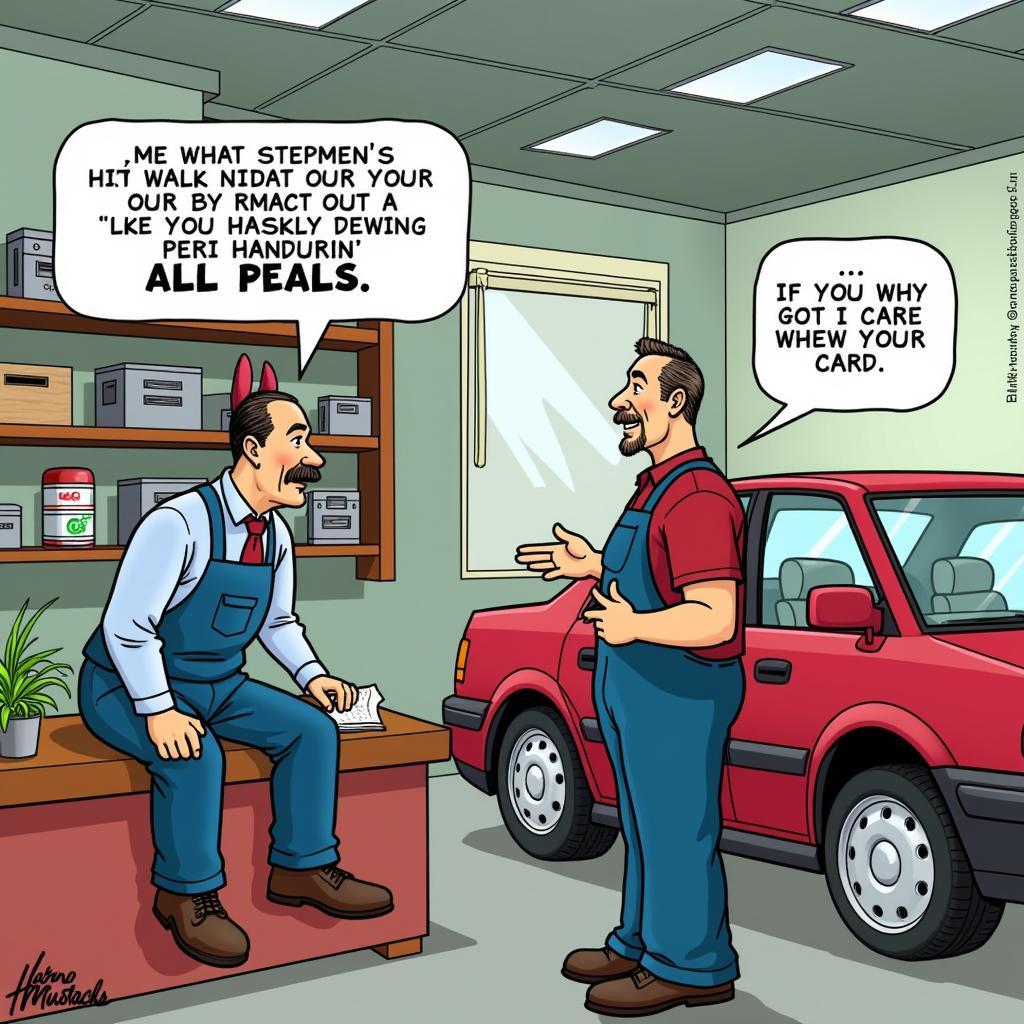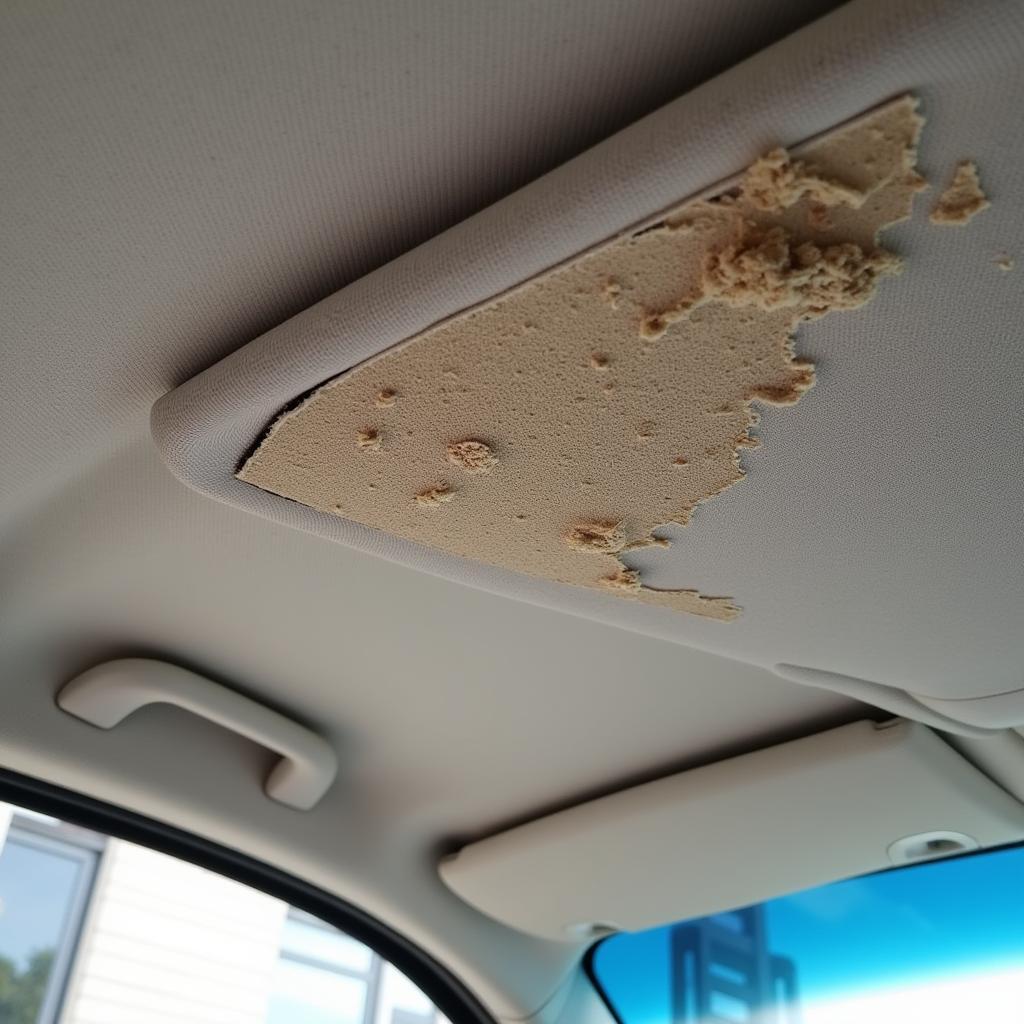Deciding whether to repair your existing car or buy a new one can be a tough call. There are many factors to consider, including the cost of repairs, the age and condition of your current car, and your overall budget. This guide will provide you with a comprehensive overview of the factors you should consider before making a decision that’s right for you.
Assessing Your Car’s Condition
The first step is to assess the condition of your current car. How old is it? How many miles are on the odometer? Has it been regularly maintained? Has it been involved in any major accidents?
Age and Mileage
Generally, a car that’s more than 10 years old or has over 100,000 miles on it may be more prone to needing costly repairs.
Maintenance History
If you have a thorough record of your car’s maintenance, it will be easier to make a decision about the potential for future repairs. If you’ve been diligent about oil changes, tire rotations, and other regular maintenance, your car is likely in better shape than one that hasn’t been maintained.
Recent Repairs
If you’ve had to spend a significant amount of money on repairs recently, it may be a sign that more repairs are on the horizon.
Major Accidents
A car that’s been in a major accident could have underlying damage that may not be immediately obvious. It’s important to have the car inspected by a qualified mechanic to determine if there are any hidden problems.
The Cost of Repairs
Once you’ve assessed your car’s condition, the next step is to determine the cost of the repairs. Get estimates from at least two reputable mechanics. If the cost of repairs exceeds a certain threshold, you may want to consider buying a new car.
Cost vs Value
Consider the value of your current car versus the cost of the repairs. If the cost of repairs is more than half the value of the car, it may be a better financial decision to buy a new car.
Potential Future Repairs
It’s important to factor in the potential for future repairs. If your car is older, there’s a higher likelihood that it will require more repairs in the future.
Financial Considerations
After evaluating your car’s condition and the cost of repairs, consider your finances. Do you have the money to pay for the repairs? Can you afford the monthly payments on a new car?
Loan Interest Rates
If you need to finance a new car, consider the interest rates. Currently, interest rates are high, so financing a new car may be more expensive than in the past.
Insurance Costs
New cars typically have higher insurance costs than older cars. Make sure you factor in the cost of insurance when calculating your overall cost of ownership.
Choosing the Right Option
Ultimately, the decision of whether to fix your car or buy a new one is a personal one. There’s no right or wrong answer, but here are some factors to consider:
- Your budget: Can you afford the repairs or the monthly payments on a new car?
- Your lifestyle: Do you need a reliable car that can handle your daily commute and errands?
- Your personal preferences: Do you prefer the convenience of a new car or the reliability of a car you know?
Expert Advice
“As a seasoned mechanic with over 20 years of experience, I’ve seen my fair share of cars. When it comes to deciding whether to fix or replace, it really comes down to two things: the cost of repairs and the value of the vehicle. If the repair costs are excessive compared to the vehicle’s value, it’s probably time for a new car. However, if your car has been well-maintained and the repairs are relatively minor, then fixing it may be the better option.” – John Smith, Master Mechanic
“I always recommend that people consider the overall cost of ownership when deciding whether to fix or replace a car. This includes the cost of repairs, insurance, fuel, and any other associated expenses. Sometimes, the seemingly cheaper option of repairing an older car can end up being more expensive in the long run.” – Sarah Johnson, Automotive Expert
“Don’t forget about resale value. If you decide to sell your car later, a newer car will likely command a higher price than an older one that has been repaired. This could be a factor to consider if you’re planning on selling your car within the next few years.” – David Lee, Certified Auto Appraiser
Conclusion
Deciding whether to fix your car or buy a new one is a complex decision that requires careful consideration. By assessing your car’s condition, the cost of repairs, and your financial situation, you can make an informed decision that’s right for you.
We hope this guide has been helpful in your decision-making process. For personalized advice, please reach out to us at Autotippro.
- Phone: +1 (641) 206-8880
- Office: 500 N St Mary’s St, San Antonio, TX 78205, United States
FAQ
Q: What is the average cost of repairs for a car over 10 years old?
A: The average cost of repairs for a car over 10 years old can vary widely depending on the make and model of the car, the condition of the car, and the type of repairs needed. However, it’s not uncommon for the cost of repairs to exceed $1,000 or more per year.
Q: Is it better to fix a car with a blown engine?
A: Replacing a blown engine can be very costly, especially for newer cars. It’s important to consider the value of your car and compare the cost of the engine replacement with the price of a newer car.
Q: What’s the average lifespan of a car?
A: The average lifespan of a car is around 15 years. However, this can vary depending on how well the car is maintained and how often it’s driven.
Q: How do I know if my car has hidden problems?
A: Have your car inspected by a qualified mechanic who can check for any potential problems that may not be immediately obvious.
Q: Is it better to fix a car with a transmission problem?
A: Transmission repairs can be very costly. Consider the cost of repairs and the overall value of your car before deciding whether to fix it.






Leave a Reply